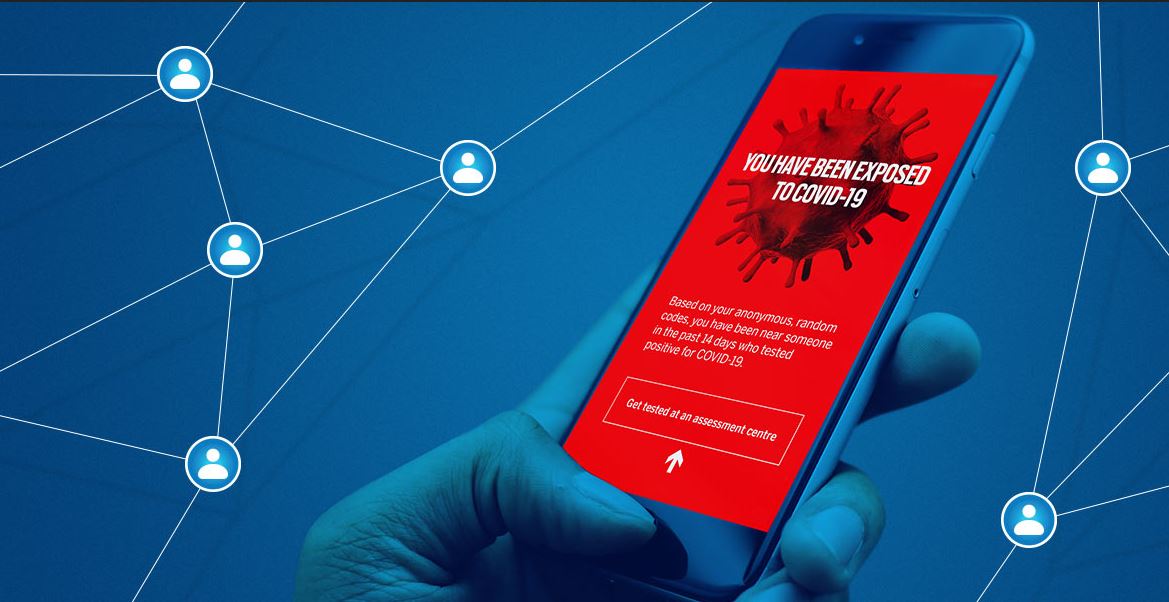A duo out of Western University in London, Ont., has created a new tool that they say will help provincial and national policymakers make decisions on which of the “near-endless stream” of contact-tracing apps to utilize.

Public health officials use contact-tracing, or CT, as part of efforts to limit the spread of infectious diseases, like COVID-19, by identifying and subsequently isolating close contacts of a confirmed case to help “break the chain of human-to-human transmission,” Western University says.
It’s historically been a largely manual process but “a myriad of smartphone-based” apps have been created since the novel coronavirus pandemic began to speed up the process, though “privacy risks and effectiveness are a constant concern.”
The different apps allow for different degrees of proximity detection, data organization, information collection, and sharing. Researchers say the more effective apps tend to be riskier in terms of privacy, and vice versa. Researchers also say that, according to the World Health Organization, there are currently “no established methods for assessing the effectiveness of digital proximity tracking apps.”

“People are far less likely to voluntarily download a CT app on their phone due to fears of surveillance,” said computer science professor and co-created of the tool, Anwar Haque.
“However, the wide adoption of a CT app by the world’s population is necessary to have a meaningful impact in the fight against COVID-19.”
Haque and research associate Rashed Nekvi have created a digital tool that generates a privacy score for each of the apps, based on how its features compare to standards set out through federal privacy laws as well as international guidelines through the Organization for Economic Cooperation and Development (OECD).
The researchers cited Canada’s COVID ALERT app, saying that with 4.7 million downloads or roughly 12 per cent of Canada’s population, it “isn’t being used by enough people to be fully effective.” The app has not been adopted in all of Canada’s provinces and territories.

Researchers hope that the evaluation tool can not only help policymakers select an app, but also help increase public confidence in it.
“Knowing the scores on the privacy scale, as well as on the effectiveness scale, is a great guide for policymakers and developers to analyze, comprehend and correct these products that are crucial during outbreaks like the COVID-19 pandemic,” said Haque.
Currently, the tool provides an assessment “in ways most relevant to Canadians” but with some changes it can be “applied globally to CT software programs in international markets.”









Comments